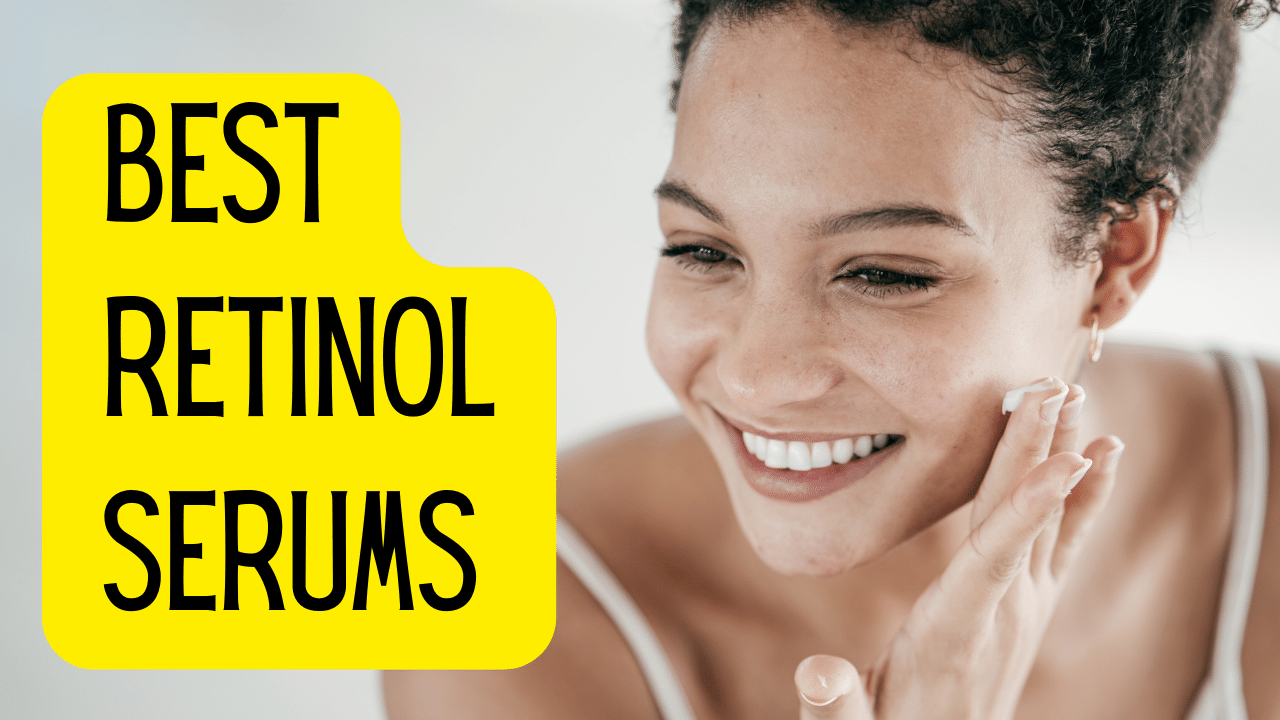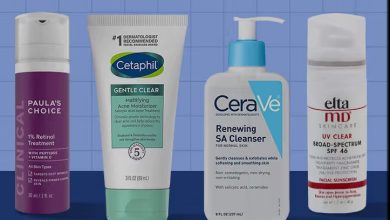
How Retinol Could Be the Saving Grace for Your Skin
Are you a skincare fanatic? Then you’ve probably heard of retinol, a form of vitamin A. Dermatologists, celebrities, and influencers have boasted about this game-changing, anti-aging product for years. And while you’ve probably heard of retinol, you may not understand precisely why it’s so beneficial. In this article, we dive into retinol, discussing what it is and why it could be the saving grace for your skin.
What is Retinol?
Retinol is a retinoid, which is a derivative of vitamin A. It comes in liquid form, gels, creams, etc. In recent years, retinol has become a popular skincare product because it promotes cell turnover. It also prevents collagen breakdown, helping you avoid saggy and wrinkly skin.
While retinol has many benefits, there are also side effects. For example, some people experience excessive dryness and itchy skin. Thankfully, retinol comes in several different strengths, from low to high. It’s a good idea to start with the lowest strength first to ensure you don’t have any adverse side effects.
These days, retinol can be found in many different skincare products. Some products you can buy over-the-counter and some are prescribed. A popular prescription for retinol is called tretinoin. This cream has been found to treat fine lines, wrinkles, and uneven skin.
Now that you know what retinol is, let’s explore the many benefits of incorporating it to your skincare routine:
1. Improves Acne
If you suffer from acne, you’re not alone. In fact, it is one of the most common skin conditions. According to the American Academy of Dermatology, about 50 million Americans experience acne annually. Thankfully, using retinol can improve its appearance.
Acne develops when dead skin cells, oil, and bacteria build up on the skin. This build-up clogs your pores. Retinol treats breakouts in a few ways. For one, it decreases the production of sebum, which is an oily substance that clogs pores. Retinol also increases cell turnover. Meaning, it quickly helps shed dead skin cells and replaces them with healthy cells. Retinol is also able to penetrate the skin deeper, helping your other products work more effectively.
2. Helps Even Skin Tone
Uneven skin tone is a common complaint many people have about their skin. And there are several factors that can contribute. From acne scars and hyperpigmentation to sun damage and stretch marks, your skin can look a little lackluster. Thankfully, applying retinol can help fade these scars, spots, and even help brighten your dull skin.
As mentioned above, retinol stimulates skin cell turnover, which has an exfoliating effect. This is important, especially if you suffer from acne scars. While acne scars aren’t breakouts, they typically appear when your acne heals. Most scars fade quickly. However, if you pick or pop your pimple, you can leave permanent damage.
Increasing cell turnover with a retinoid removes the dead skin cells causing acne scars, so you can achieve soft and even-looking skin. Retinol can also help lighten dark spots and pigmentation issues because they curb the production of melanin. It stimulates the production of collagen to help fade these spots.
Stretch marks are also a common skin discoloration. There’s a good chance your body weight has fluctuated over the years. Whether you’ve been pregnant or gained and lost weight, you may not be in love with your skin. Applying a topical retinol can help diminish the appearance of your stretch marks, making them less noticeable.
3. Treats Certain Skin Disorders
Do you suffer from skin disorders, like melasma and psoriasis? You’re not alone. These two conditions are incredibly common, and they can lead to insecurities. That’s because they’re typically very noticeable and can flare-up for many different reasons.
Melasama causes patches and spots, which are typically darker than the rest of your skin. These patches usually appear on your face and can occur for several reasons. Hormonal changes, especially those associated with pregnancy, can cause melasma and so can spending too much time in the sun.
Psoriasis causes patches of red and silvery scales to appear most commonly on the face, lower back, and palms. While infections and colds could cause a flare-up of psoriasis, it can also be triggered by stress. Because these skin disorders have many different causes, they can be tricky to manage. Recently, dermatologists have advised people with psoriasis and melasma to use retinol to help improve the appearance of the skin.
4. Combats Signs Of Aging
The truth is, wrinkles and fine lines are somewhat unavoidable. As you age, your skin cells divide at a slower rate. Your skin also loses elasticity, making it thinner and less supple. Your skin’s natural pigment is also impacted, making your skin look pale and dull. It’s no wonder people aren’t always excited to age.
Luckily, retinol is a powerful tool against signs of aging. It improves the appearance of wrinkles and fine lines by stimulating the production of collagen. This keeps your skin from losing its elasticity, so it can stay tight and supple.
There’s a great deal of research supporting the benefits of retinol. Not only has it been found to improve the appearance of uneven and patchy skin, but retinol can help combat the signs of aging. Whether you’re in your 20’s or late 60’s, integrating retinol into your skincare routine can help you achieve your skincare goals.



